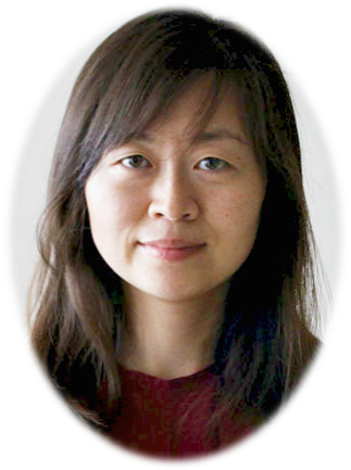
| THE 10TH ANNIVERSARY OF BRAIN INFORMATICS (BI) : “Informatics Perspective of Investigation on the Brain and Mind” | ||
| Brain Informatics (BI) started the exploration as a research field with the vision of investigating the brain from the informatics perspective. Firstly, Brain Informatics combines the efforts of Cognitive Science, Neuroscience, Machine Learning, Big Data Analytics, AI and ICT to study the brain as a general information processing system. Secondly, new measurements and informatics equipment, tools and platforms are causing impending revolution to understand the brain. Thirdly, staring from its proposal as a field, Brain Informatics is with the goal of inspiring future Artificial Intelligence, especially Web Intelligence. | ||
History of the BI Conference Series The series of Brain Informatics conferences started with the WICI International Workshop on Web Intelligence meets Brain Informatics, held at Beijing, China in 2006. The 2nd, 3rd, 4th and 5th conferences of Brain Informatics 2009, 2010, 2011 and 2012 were held in Beijing China, Toronto Canada, Lanzhou China, and Macau China respectively. Since 2013, “Health” was added in the conference title with an emphasis on real-world applications of brain research in human health and well-being and BHI’13, BIH’14 and BIH’15, BIH’16 was held at Maebashi Japan, Warsaw Poland, London UK, Omaha, USA respectively. The BI’17 in Beijing is co-hosted by Beijing Advanced Innovation Center for Future Internet Technology/BJUT and Institute of Automation/Chinese Academy of Sciences. BI 2017, the 10th anniversary and the NEXT 10 Years BI’17 addresses the computational, cognitive, physiological, biological, physical, ecological and social perspectives of brain informatics, as well as topics relating to mental health and well-being. It also welcomes emerging information technologies, including but not limited to Internet/Web of Things (IoT/WoT), cloud computing, big data analytics and interactive knowledge discovery related to brain research. BI’17 also encourages submissions that explore how advanced computing technologies are applied to and make a difference in various large-scale brain studies and their applications.
BI 2017 Special Sessions and Workshops [Paper Submission]
IMPORTANT DATES April 20 , 2017: Submission deadline for workshop/special session/tutorial proposals | NEWS The detailed program is opened The free access to the BI 2017 conference proceedings is now granted by clicking on the menu 'Program' - 'Proceedings'. The free access for conference-participants will be granted for 4 weeks. Registration of domestic participants begins The submission deadline for abstracts (TYPE II) is extended to September 30, 2017 Registration site is opened. Submission of Workshop and Special Session papers are open until July 20th, 2017. TOPICS AND AREAS Track 1: Cognitive and Computational Foundations of Brain ScienceTrack 2: Human Information Processing Systems Track 3: Brain Big Data Analytics, Curation and Management Track 4: Informatics Paradigms for Brain and Mental Health Research Track 5: Brain-Inspired Intelligence and Computing Keynotes 
James McGill Professor 
E. Fredkin University Professor Feature Keynotes: 
Professor 
Associate Professor 
Professor 
Investigator 
Professor |
|